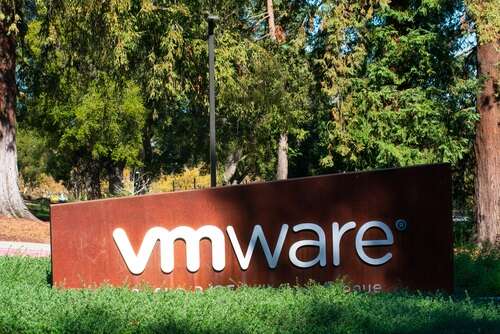
Security patches will be available to users of older VMware products even if their existing maintenance and support contracts have expired, Broadcom has confirmed. The change, the chipmaker’s CEO Hock Tan said, will allow consumers to continue using older versions of VMware products safely even if they chose not to sign up to its subsidiary’s subscription pricing model, which guarantees regular support services in exchange for a monthly fee. The announcement came after complaints from customers that the new model had led to unsustainable price rises, and news that the European Commission has asked Broadcom for more information about the rationale of changes it has made to VMware licensing conditions.
Broadcom is continuing to learn from customers about how much time they need to prepare to acclimatise to changes to VMware products and services, said its chief executive Hock Tan. “In particular, the subscription pricing model does involve a change in the timing of customers’ expenditures and the balance of expenditures between capital and operating spending,” Tan conceded, who added that support extensions had been recently given to concerned customers. “We have always been and remain ready to work with our customers on their specific concerns.”

Broadcom questioned by EU
Broadcom’s concessions follow a steady stream of consumer complaints about adverse impacts arising from changes to VMware pricing and licensing structures. Last month, trade organisation Cloud Infrastructure Providers in Europe (CISPE) called on EU regulators to launch a formal investigation into the company into why it has inflicted “egregious and unwarranted” changes to contracts and pricing agreements. Many customers, it said, “feel pressured into accepting unfair licensing terms by the short deadlines imposed to sign,” adding that in some cases the costs for renewing VMware licenses had increased by 1,200%.
Yesterday the European Commission appeared to act on these concerns by querying Broadcom about the nature of the changes made to VMware licensing conditions. However, the antitrust watchdog remained tight-lipped about the extent of its probe. “The Commission has received information suggesting that Broadcom is changing the conditions of VMware’s software licensing and support,” an official told Tech Monitor. “The Commission has sent requests for information to Broadcom to investigate this development.”
Broadcom CEO defends VMware strategy
Despite recent criticism, Tan defended Broadcom’s strategy for VMware since its takeover of the firm in November 2023. “Subscription licensing is the model all major enterprise software providers deploy today and ensures that customers have the latest and greatest in VCF [VMware Cloud Foundation] while providing the kind of predictability needed to fuel continuous innovation for our customers,” he wrote. Additionally, he also said it eliminates incentives to “upsell” incremental features of products that unnecessarily confuse and frustrate users.
It is not the only change Broadcom has made to VMware’s operations in recent months. In February, the chipmaker sold VMware’s End-User Computing Division to KKR for $4bn. That followed news that it was also discontinuing VMware’s free ESXi hypervisor service, wherein users could create and run experimental virtual machines on a single computer.






